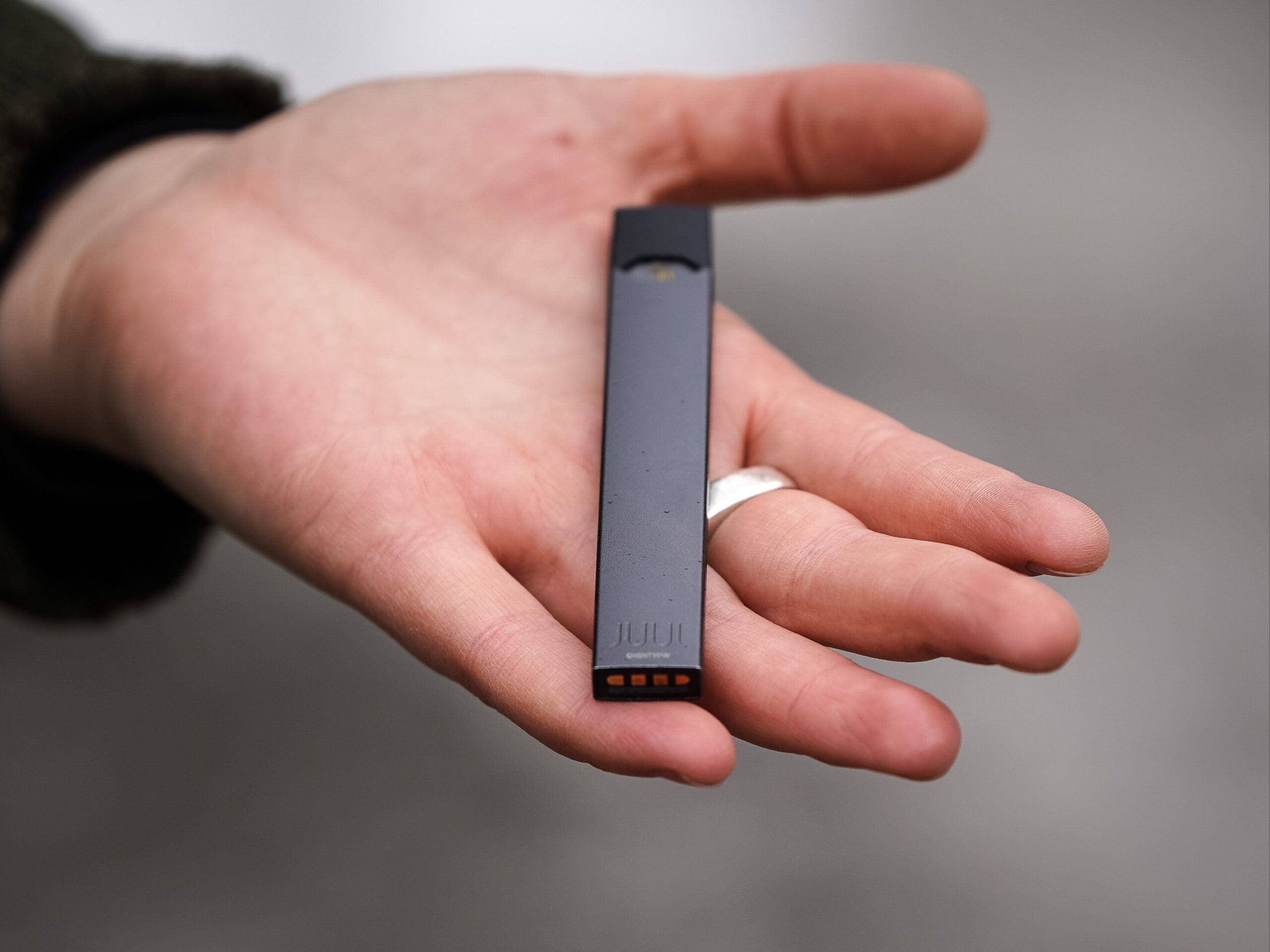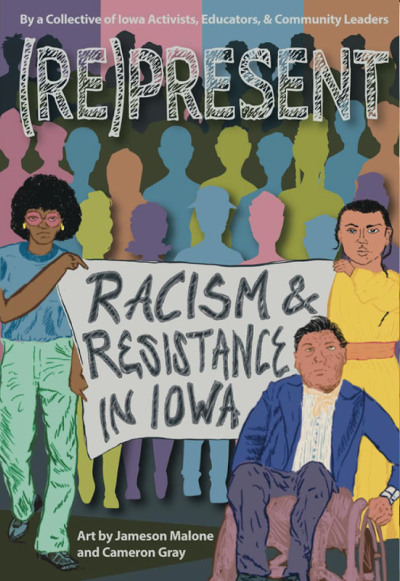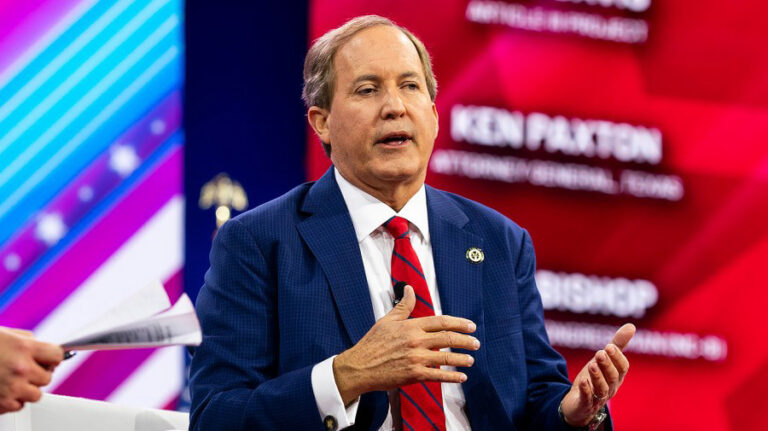Gen Z Takes Action: Juul Lawsuit Sparks TikTok Discussions
Juul Lawsuit Ignites Gen Z Talk on TikTok
In today’s digital world, few platforms are as influential as TikTok, especially among Gen Z. Whether it’s dance challenges, DIY hacks, or pressing issues, if it’s trending on TikTok, it’s bound to spark conversations everywhere. Recently, the buzz around the infamous Juul lawsuit has gained traction, causing Gen Z users to bring the discussion to their feeds. So, what’s the deal with this lawsuit, and why is it hitting home with the younger generation?
Understanding the Juul Lawsuit: What’s the Big Deal?
At its core, the lawsuit against Juul, one of the leading e-cigarette brands, is about accountability. As reports emerge suggesting widespread nicotine addiction among young users—many of whom didn’t even consider themselves smokers—the question arises: Should Juul be held responsible for targeting teenagers with its marketing strategies?
Juul’s sleek design and flavored pods made it irresistible to youth. Think about it: would you be less tempted by a product that looks and tastes like candy? Many experts argue that the company’s flashy advertising and social media campaigns were a calculated move to draw in younger crowds. This has raised eyebrows, with parents, health advocates, and lawmakers now demanding answers.
What’s Gen Z’s Take?
For Gen Z, this lawsuit isn’t just another legal battle; it’s personal. Many in this generation grew up in the era of vaping, experiencing the rise of e-cigarettes during their crucial teenage years. Gen Z is known for standing up against injustices and holding companies accountable—and they’re using platforms like TikTok to voice their opinions.
Platforms of Expression
On TikTok, users are using the hashtag #JuulLawSuit to share personal stories, raise awareness, and even dissect the implications of the lawsuit. TikTokers are asking tough questions—”Was I sold a product that was dangerous for me?” “Am I part of a larger trend of youth getting addicted to nicotine?”—and getting answers from their peers.
This interaction makes it clear: Gen Z is determined to ensure their voices are heard. With short, engaging videos, TikTok allows them to connect, educate, and inspire change on a peer-to-peer level.
The Ripple Effect: What This Means for Convenience
What makes the Juul discussion even more compelling is how it reflects broader societal issues. As Gen Z grapples with mental health, social pressures, and navigating adulthood in a post-pandemic world, they’re also wrestling with the impacts of nicotine addiction. The accessibility and appeal of vape products like Juul can’t be underestimated, especially considering that many teens see it as a ‘cool’ alternative to traditional cigarettes.
Accessible Information and Support
Thanks to TikTok, young people are not just sharing individual experiences but also educating their peers on nicotine addiction and its effects. Videos continue to circulate about how to quit vaping, available support systems, and alternatives to managing stress without relying on nicotine. TikTok has become a specific platform for peer-led wellness, pushing aside the taboo that often surrounds addiction discussions.
Viral Challenges and Movements
As the conversation around Juul heats up, TikTok challenges themed around quitting vaping or staying smoke-free have been gaining momentum. It’s almost like a mini-revolution! With the catchy hashtag #QuitJuulChallenge, users are sharing not only their commitments to quit but also daily check-ins—documenting struggles and victories alike. This grassroots approach makes the challenge feel relatable and engaging.
Raising Awareness Against the Odds
You may wonder, how much influence does social media actually have? Quite a lot, it turns out! Gen Z is pioneering discussions about mental health, social justice, and now, the dangers of vaping. With the rapid growth of platforms like TikTok, the youth are leveraging their reach to spark discussions that matter.
Community Support
The most powerful tool social media holds is community. A myriad of videos reveal teens rallying together, showing support for one another’s journeys to quit vaping. It’s the virtual high-five we all need during tough times. With supportive comments flooding in, it becomes less of a solitary struggle and more of a collective fight against an issue that’s affected many.
Challenges of Misinformation
However, it’s not all sunshine and rainbows. Misinformation does lurk around every corner. Users must also navigate the challenge of distinguishing credible information from dubious claims. It’s a dance of sorts—a mix of responsibility, discussion, and sometimes, miscommunication. As young activists continue to share their thoughts on the Juul lawsuit, they stress the importance of fact-checking and consulting health professionals, fostering a culture of informed discussions.
Conclusion
The Juul lawsuit’s impact reaches far beyond a courtroom battle. It’s a powerful reminder that Gen Z is stepping up to take action and hold companies accountable. TikTok, with its engaging dynamics and community-driven approach, provides a platform where voices can be amplified, education can spread, and real change can take place.
Whether expressing their frustrations or sharing insights, the youth are shaping the narrative around vaping and addiction. They’re not just passive consumers—they’re active participants in the conversation about their future. So, what do you think? Is a social media platform like TikTok the way forward for advocacy, or is it just a fleeting moment in the vast landscape of digital discourse?
FAQs
1. What is the Juul lawsuit about?
The lawsuit against Juul is centered on allegations that the company marketed its e-cigarettes to minors, leading to widespread nicotine addiction among young users.
2. How is Gen Z using TikTok in relation to the Juul lawsuit?
Gen Z is using TikTok to share personal stories, discuss the implications of the Juul lawsuit, and educate their peers on the dangers of vaping and nicotine addiction.
3. What role does community play in this conversation on TikTok?
Community support on TikTok allows users to rally around each other, sharing experiences and encouraging one another to quit vaping. It fosters an environment where individuals feel less isolated in their struggles.
4. Can misinformation be a risk on platforms like TikTok?
Yes, misinformation can pose a challenge on social media platforms. Users are encouraged to fact-check and consult reliable sources to ensure they’re receiving accurate information regarding vaping and addiction.
5. What other movements have arisen from social media to address health issues?
Beyond vaping, social media has been instrumental in movements concerning mental health awareness, body positivity, and various social justice initiatives, showcasing the significant influence of digital platforms in advocating for change.








Hello.
Good cheer to all on this beautiful day!!!!!
Good luck 🙂